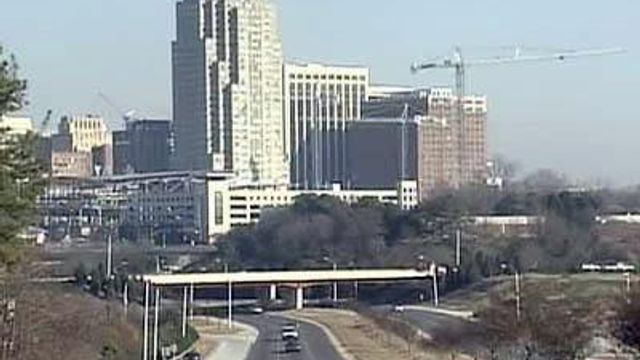Raleigh Passes Minneapolis in Population
The City of Oaks is now bigger than the Mini-Apple.
Posted — UpdatedRaleigh has passed Minneapolis to become the 49th most-populous city in the U.S., according to biannual population estimates by Raleigh's Growth Management Division. The city's estimated population as of Jan. 1 was 374,320, an increase of 6,325 people in the past six months, officials said.
"The fact that we continue to grow well, in my mind, is the best thing this City Council or anyone (in) this city would want," Raleigh City Councilman Philip Isley said.
In 2006, Raleigh passed Tampa, Fla. Cincinnati, Pittsburgh and St. Louis to become the 51st-largest city in the country. Last year, the city moved into the Top 50 by passing Wichita, Kan.
"We've always been known as Raleigh-Durham. Now, we're really just Raleigh, and Raleigh is its own entity," Isley said. "(The city has) it's own identity. We're not really a region bounded by Raleigh, Durham, Chapel Hill and Cary anymore."
Urban design expert Bruce Katz said metro areas like Raleigh are vital to the entire nation, not just the state's economy.
"You're one of the top metro areas in the country. You're about 20 percent of the economic output of the state," said Katz, a vice president of the Brookings Institution, an independent research and policy group. "Raleigh is doing quite well in many respects, but they lack a dependable partner at the federal level to realize their full potential."
Isley said continued local growth is needed to help the fragile economy recover.
"What I take from these numbers (is) we need to do more as a city to encourage local growth and our local economy to make sure we do not fall behind," he said.
The city’s population increased by 14,988, or 4.17 percent, during 2007, city officials said. Population estimates are based on the number of dwellings, the average number of people per household and the dwelling occupancy and vacancy averages.
“We thought Raleigh’s growth rate would drop slightly in 2007, given the national economy. However, Raleigh’s job growth and quality of life continue to attract new residents,” Raleigh Planning Director Mitchell Silver said in a statement.
The national rankings are unofficial because U.S. Census Bureau estimates lag one year behind local estimates.
• Credits
Copyright 2024 by Capitol Broadcasting Company. All rights reserved. This material may not be published, broadcast, rewritten or redistributed.





